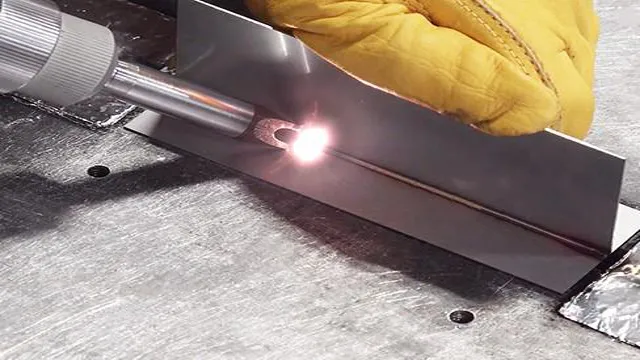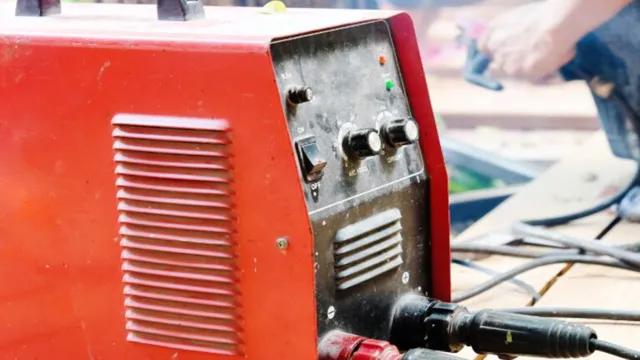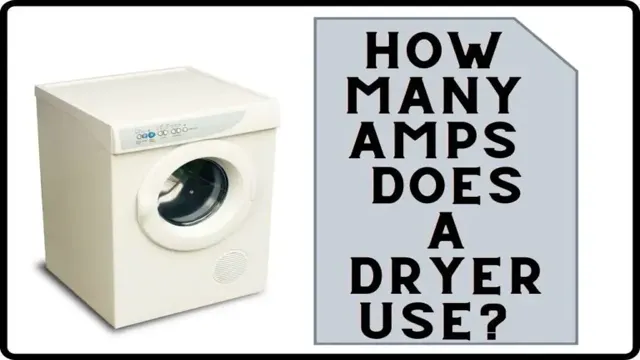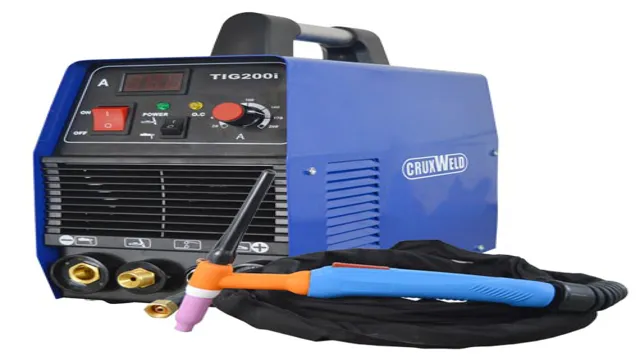What is the Best Welding Machine for DIY Projects – A Comprehensive Guide
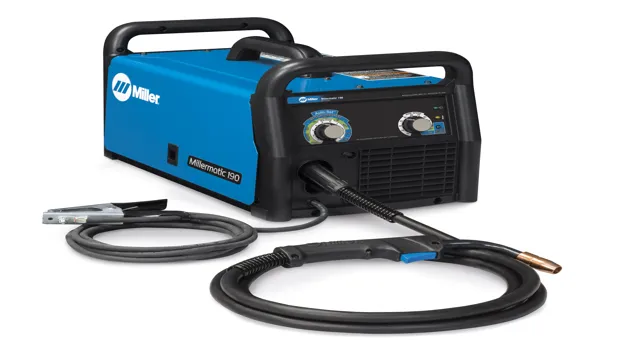
Choosing the right welding machine can seem like an intimidating task, especially if you’ve never welded before. However, with so many different types of welding machines available on the market, the process of selecting the right one has become more comfortable than ever before. Before you invest in a welding machine, it’s essential to understand what type of welding you’ll be doing, the thickness of the metal, and the environment where welding will take place.
In this blog post, we’ll help you navigate the selection process by breaking down the most important factors to consider when choosing the best welding machine for your needs.
Understanding Your Welding Needs
When it comes to welding, selecting the right machine for your needs can be overwhelming. The best welding machine for you will depend on the type of welding you will be doing and the materials you will be working with. For example, MIG welders are ideal for welding thicker materials and are perfect for welding steel, aluminum and stainless steel.
TIG welders are better suited for thinner metals, like aluminum and titanium. Stick welders, on the other hand, are great for rough surfaces, outdoor work, and can be used on a variety of metals. It’s important to consider factors like amperage output, portability, and power requirements, as well.
Ultimately, your specific welding needs will dictate what the best machine is for you.
Consider the Type of Metals You Will Weld
When it comes to welding, one crucial aspect to consider is the types of metal you will be welding. Different metals require various welding techniques and tools to bond correctly. Understanding the differences between metals and their properties is essential to ensure a successful weld.
For example, steel is a common metal used in welding projects, but it requires a different technique than welding aluminum. Steel is more tolerant of heat and can withstand higher temperatures, while aluminum requires more precise welding techniques to avoid overheating and warping. It is also essential to know the thickness of the metal you’ll be welding, as this will affect the type of welding process needed.
Whether you’re welding for personal or professional projects, knowing the properties of the metals you’re working with will help you choose the right equipment and techniques needed for a quality weld. Overall, understanding your welding needs and the type of metals you’ll be working with is key to producing successful and long-lasting welds.
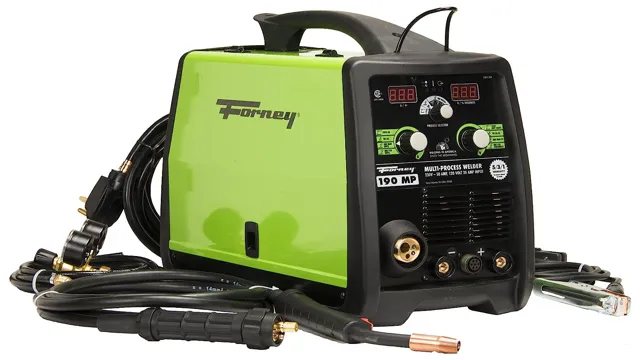
Determine the Thickness of the Materials
When it comes to welding, one of the most crucial things that you need to consider is the thickness of the materials you will be working on. This is because different thicknesses require different welding techniques and equipment. For instance, thinner materials may require lower heat settings and smaller electrode diameters, while thicker materials may require higher heat settings and larger electrodes.
Determining the thickness of your materials is also important for choosing the right welding process. For example, TIG welding is ideal for materials with a thickness of 0.16 inches or less, while MIG welding can handle thicknesses up to 1/2 inch.
By understanding your welding needs and the materials you’ll be working with, you can select the best method for the task at hand, ensuring a strong and durable weld.
Types of Welding Machines
If you’re wondering what the best welding machine is, it really depends on the type of welding you plan to do. Different welding methods require different machines specialized for the job. For example, MIG (Metal Inert Gas) welding machines are ideal for welding aluminum or steel, while TIG (Tungsten Inert Gas) welding machines are better suited for precision welding on thinner metals.
Stick welding machines, also known as Arc welding machines, are commonly used in construction and are great for welding thicker or heavier materials like steel beams or infrastructure. Ultimately, the best welding machine for you will depend on your specific needs, so it’s important to do your research and consider the type of welding you plan to do before making a purchase.
MIG Welders for Versatility and Efficiency
When it comes to welding machines, there are a variety of types available in the market. However, MIG welders are particularly popular for their versatility and efficiency. They use a wire electrode that is fed through a spool, which melts and joins two metals together.
MIG welders are suitable for different types of metal, including aluminum, stainless steel, and mild steel. They provide a clean and efficient welding experience, producing high-quality welds quickly. One of the best things about MIG welders is that they are easy to use and require minimal training.
They have a wide range of applications, making them ideal for both home and professional use. MIG welders are compact and portable, making them easy to carry to different job sites. Whether you’re working on a small DIY project or are a professional looking for a reliable welding machine, MIG welders are an excellent choice.
TIG Welders for Precision and Clean Finishes
TIG welders are fantastic machines that offer precision and clean finishes when welding metals. They make use of a non-consumable tungsten electrode to create a weld pool, which is an electric arc used to join metals. There are two types of TIG welding machines available in the market: AC TIG and DC TIG welders.
AC TIG welders are mainly used for welding aluminum, while DC TIG welders are used for welding various metals, including stainless steel, copper, brass, and more. Apart from TIG welders, there are also other welding machines available, such as MIG, stick, and flux-cored welders. MIG welders are suitable for welding thicker materials, while stick welders are perfect for outdoor welding jobs.
Flux-cored welders are ideal for welding thicker metals with rough surfaces. Each type of welding machine has its own pros and cons, and choosing the right one depends on the specific welding job at hand.
Stick Welders for Heavy Duty Welding
When it comes to heavy duty welding, stick welders are often the go-to choice for professionals. These machines use electric current to create an arc between the stick electrode and the metal being welded, melting the metal and forming a bond. There are different types of welding machines available on the market, each with unique features and capabilities to suit specific welding needs.
Some of the most common types of welding machines include stick welders, MIG welders, TIG welders, and engine-driven welders. Stick welders are particularly well-suited for outdoor jobs that require high heat and intense welding, making them ideal for construction, pipeline maintenance, and industrial welding. These machines are also relatively affordable compared to some other types of welders, making them a popular choice in heavy duty welding.
Ultimately, the type of welding machine you choose will depend on the specific needs of your welding project.
Features to Look for in a Welding Machine
When looking for the best welding machine, there are a few key features you should keep in mind. First and foremost, you’ll want to consider the type of welding you’ll be doing. Different machines are designed for different types of welding processes, such as stick welding, MIG welding, and TIG welding.
Beyond that, it’s important to pay attention to things like the machine’s amperage range, duty cycle, and portability. A higher amperage range will give you more flexibility in terms of the thickness and type of metals you can weld, while a higher duty cycle will allow you to weld for longer periods of time without needing to stop and let the machine cool down. And if you need a machine that you can easily transport from job site to job site, look for one that is lightweight and compact.
By taking these factors into consideration, you’ll be able to choose a welding machine that is well-suited to your needs and will help you get the job done efficiently and effectively.
Amperage Range for Different Welding Abilities
When choosing a welding machine, there are a few key features that you should look out for to ensure that you get the best machine for your needs. One important consideration is the amperage range of the machine. Different welding abilities require different amperage ranges, so make sure that the machine you choose can deliver the correct range for your capabilities.
Another important feature to look out for is the overall build quality of the machine, including the thickness of the metal used, the quality of the components, and how well it is put together. A good welding machine should be robust, durable, and reliable. It should also be easy to use and feature intuitive controls, so that you can spend your time focusing on your welding tasks rather than struggling with the machine itself.
Finally, consider the price of the machine and whether it offers good value for money. A high-quality machine may cost more initially, but it will likely save you money in the long run by avoiding costly repairs or replacements down the line. Overall, finding the ideal welding machine for your needs takes some research and consideration, but it is well worth the effort to ensure that your welding projects are successful and efficient.
Portability and Size for Convenience and Storage
When it comes to welding machines, portability and size are two crucial features to consider to ensure convenience and easy storage. A lightweight and compact design can make a world of difference in terms of carrying the machine to various job sites and storing it in your workspace. A smaller welding unit may also be more maneuverable, allowing you to weld in tight spaces or hard-to-reach areas.
On the other hand, larger welding machines may provide more power and output capabilities, making them better suited for heavy-duty welding tasks. When choosing a welding machine, make sure you assess your specific needs and consider factors such as the types of materials you will be welding and the welding thickness required. By doing so, you’ll be able to determine the ideal size and portability for your welding machine, making your welding jobs more comfortable and efficient.
Don’t forget to look for a reputable brand with a proven track record for quality and durability to ensure maximum performance and longevity.
Top Recommendations for Welding Machines
When it comes to finding the best welding machine, there are a few key factors to consider. First, take a look at the different types of welding available and choose a machine that specializes in the type you plan to do the most. MIG welding is a popular choice for beginners due to its ease of use, while TIG welding offers precision and control for more advanced projects.
You’ll also want to consider the power capabilities of the machine and make sure it’s compatible with the materials you’ll be working with. Additionally, look for features such as adjustable amperage and a variety of welding settings to ensure versatility in your projects. Some top recommendations in the welding machine market include the Lincoln Electric Power MIG 210 and the Miller Electric TIG Welder Dynasty 2
Ultimately, your choice will depend on your specific needs and preferences, but with a little research and consideration, you’ll be able to find the perfect welding machine for your projects.
Conclusion
In conclusion, the best welding machine is one that fits your specific needs and preferences like a perfectly tailored suit. Just like how a suit can make or break an outfit, choosing the right welding machine can make or break your welding projects. So do your research, identify your requirements, and invest in a welding machine that is built to last and performs like a boss.
Remember, the best welding machine is not just a tool, it’s a partner in crime that helps you create masterpieces, no matter how complex or challenging the job may be.”
FAQs
What are the features to look for in a welding machine?
The features to consider when choosing a welding machine include the type of welding process, power source, welding output, safety features, portability, and ease of use.
Which welding process is best suited for welding thick metals?
TIG welding is best suited for welding thick metals because it uses a non-consumable tungsten electrode and produces high-quality welds with precise control.
What factors determine the welding machine’s power output?
The welding machine’s power output depends on the weld’s thickness, welding process, electrode size, duty cycle, and the type of metal being welded.
How can you determine the best welding machine for your needs?
Determine your welding needs, such as the type and thickness of the metals you will weld, the welding process you prefer, and your budget. Then research the machines that meet these requirements and read reviews from verified customers.
What is the difference between AC and DC welding machines?
AC welding machines are better suited for welding aluminum and other non-ferrous metals, while DC welding machines are better for welding steel and other ferrous metals. DC welding machines also provide a smoother and more stable arc.
How does a welding machine’s duty cycle affect its performance?
The duty cycle is the amount of time a welding machine can operate continuously before needing to cool down. A higher duty cycle means the machine can weld for longer periods, making it more productive.
What safety features should a welding machine have?
Welding machines should have safety features such as automatic shut-off, overload protection, and thermal protection to prevent overheating and electrical shock. They should also have a ground fault circuit interrupter (GFCI) to protect against electrical shocks.

